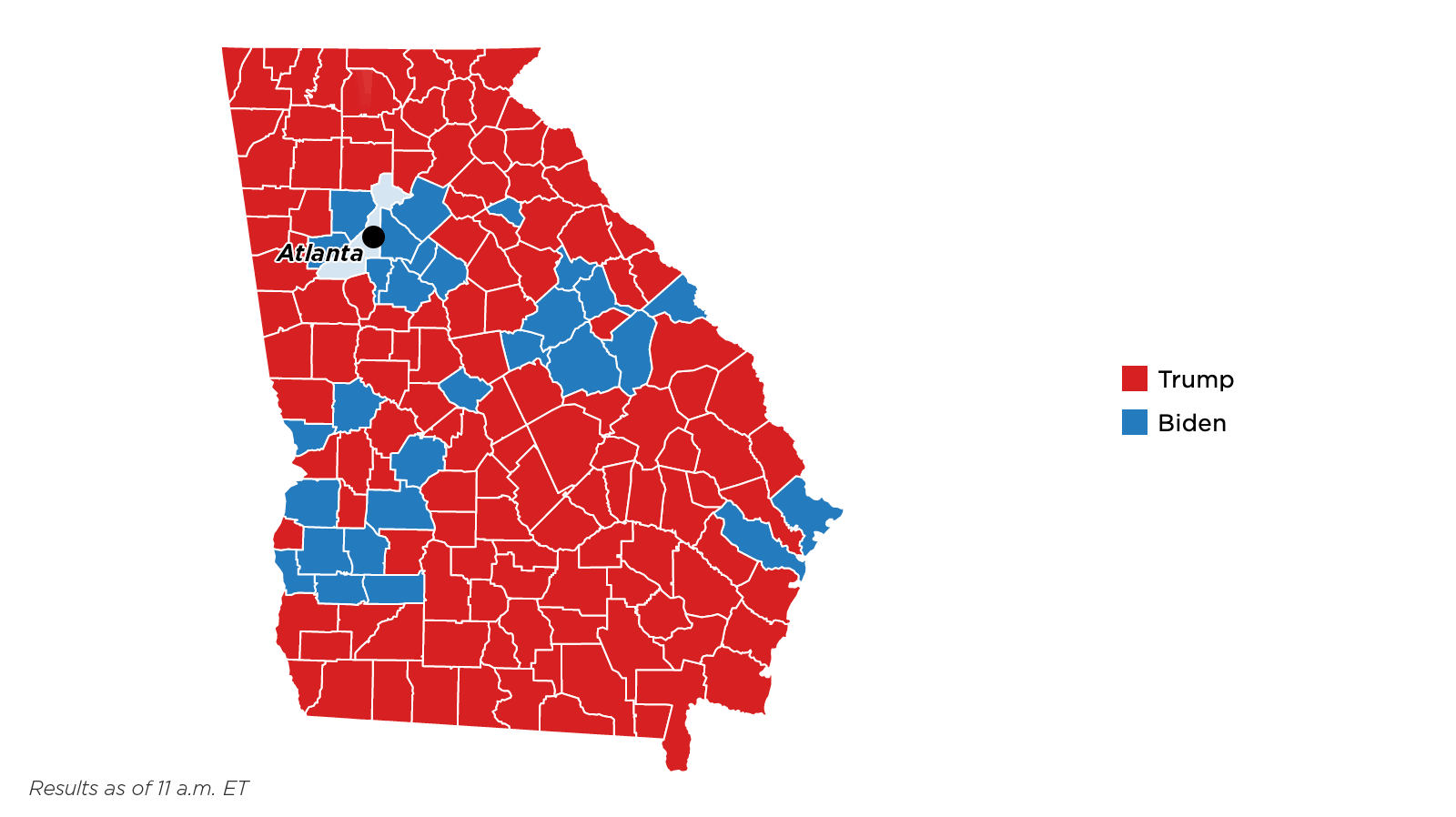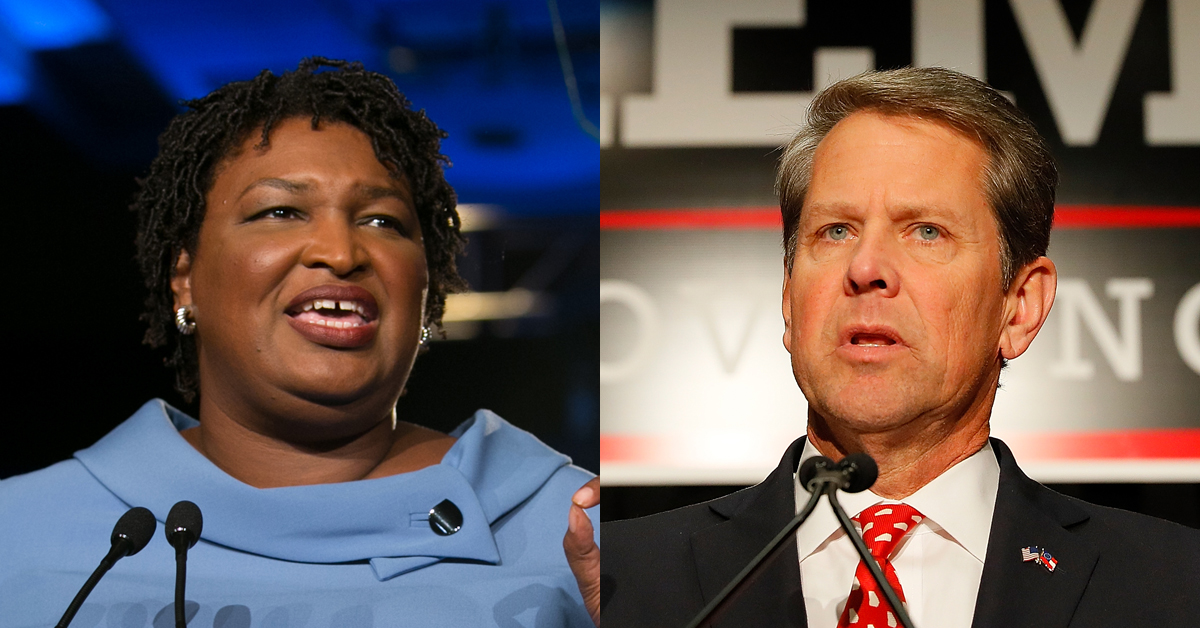By: Aashka Dave
Imagine being 20 and trying to stay on top of coursework, career plans and everything in between. Throw in a burgeoning political campaign, and that already-tenuous balance could face some challenges.
In Patrick Lockhart’s case, that situation is a reality. In the midst of fall semester as a student at Indiana University, Lockhart is also running a full-fledged campaign to become his district’s newest representative. It’s a balancing act, but motivated by bipartisan ideals and a desire to prove that productive government is a possibility, Lockhart might just manage to accomplish a seemingly impossible task.
What prompted you to run for office?
Well, I guess I should start by saying that I’m a poly-sci major here at IU (Indiana University), so politics is definitely a big interest of mine. So, I think it was at some point last spring, maybe early summer, and I was going to take out a significantly larger amount of student loans than I did the year before. And I tried to contact my state representative, since he is the chairman of the house committee of education and say “what can he do to help me, what can I do to help you if we could figure this out together.” But unfortunately, he couldn’t reply to me, let me know that he heard my concerns as a constituent, and basically at that point I decided that, you know, enough is enough. Because for our generation specifically, we’re about to inherit a completely dysfunctional political system, and the lack of progress we’re making today, and a lot of their (current office holders’) decisions are going to be passed on to us, and we’re going to be the ones who have to handle that. So I decided that I can’t really afford to wait – and if he can’t even respond to me, then I could probably do this better myself.
When did you decide to start organizing a campaign? How did you expect your age to play into your ability to run?
Well, honestly, it just started with one person. It was kind of like a snowball effect. I talked to one person in the Indiana Democratic Party, and they introduced me to a couple more people, and they introduced me to a couple more, so eventually, just based on the network created here in the district (Indiana District 91), I got a few people together in order to get started and work from there.
I was surprised throughout this whole process. I kind of walked into it from the beginning expecting to have to fight my way into proving that I could do it to begin with. But I’ve been really, really fortunate that a lot of people embrace my age. They say “you know we do need fresh blood in there, we need young people with new ideas, because the things we’re doing right now obviously aren’t working.” So I would definitely say my party is a lot bigger an obstacle than my age.
What have been some of the particular challenges associated with organizing a campaign?
I would say one of the hardest parts is that right now I go to school (Indiana University) in Bloomington, Indiana, and my district is back home in Indianapolis, and it’s about a 45 minute drive, so I do a lot of commuting back and forth. That would probably be the biggest challenge, but as far as back home goes, the biggest issue would be that my district is primarily Republican, and I’m running as a Democrat – God knows for what reason – and a lot of people, because we’re in a time of hyperpartisanship, they’ll shut you off immediately just once they hear your party. So I’d say that the hardest part isn’t necessarily driving or anything, but it would be communicating my points to people who don’t want to hear anything from a Democrat.
So why did you decide to run as a Democrat in a Republican district?
It would probably be because of my personal opinions on social issues. I identify with Democrats more than Republicans. But even more than that to show, because again, based on what I’m saying that I’ll vote for people in my district, that it really doesn’t matter what party I’m a part of. But it’s more just the symbolism of what it would mean if this district that’s almost 70 percent Republican voted in a Democrat official, just to show that that has absolutely nothing to do with my performance as a representative.
How would you make sure your constituents’ votes influenced you as opposed to your own social beliefs?
That’s why I decided to run in the first place. I felt that there was a lack of accessibility between myself and the incumbent, and so I really want to promote that. Even now, on my website, I give out my cell phone number. I really just want an open door policy so that anyone will feel free to approach me, and based on my response from those who approach me, I will vote in whatever way they see fit. And you know, sometimes I’ll be going against my personal beliefs, but at the end of the day, that’s my job, to put people first.
And what are your points?
See essentially what I tell everyone is that, instead of looking at me as a Democrat, just look at me as a representative. That’s my job, first and foremost. If I get elected, my district is still going to be Republican, so that means if I’m representing them with my vote, I’m going to have to vote based on what they want. So that’s one of my points: really bringing the most basic aspect of the position back to the people by being a representative, by hearing what they have to say.
Another important issue as far as my district goes would obviously be job creation. Indiana’s unemployment rate is about a whole percent higher than the national average, so that’s something we need to work on. And education is another one, particularly in the middle of my district. We’re just south of Indianapolis’ airport, and there’s a lot of development out there. And that’s one thing I want to work on – bringing economic development and jobs in, which in turn brings more people into the district for jobs, higher property taxes, more funding for schools. So it’s all kind of a relation.
How have you been able to maintain a balance between campaigning and school?
The most flexible aspect I have right now as far as that goes is sleep, so a lot of times, it’s just making sure that I do what I need to do for school – you know, you can’t miss tests, you can’t miss class, you can’t skip out on homework and essays. But then at the same time you’ve just got to make sure that you’re not becoming too distant from the district. So I’ve got to get there in plenty of time. So I’d say that the hardest part would be choosing between campaigning, being a student, and sleeping. And so far sleep has been what’s suffering.
How do you plan on continuing your education while being a representative?
It’s not necessarily something I’d put on hold. I plan on taking a class online during sessions, because they only last for – through the end of the spring. So they’re not a full year; it’s a part time job to be a legislator here. So for the spring I’d probably take a class online and then in the summer and fall take more classes. So not necessarily giving up on education, but slowing it down. I think it would take a little longer, but I think it’s a worthy cause.
What impression do you hope to leave on your constituents and other people your age who might hear about you?
As far as my constituents go, just to prove to people that people, instead of party, is what really matters in politics. To prove to them that regardless of the party I’m in that we can really focus on progress, we can really focus on solving problems and making good progressive decisions to make their lives better instead of being faced with this labeling and this gridlock – you know throwing an idea down because its proposed by a Republican or just because it’s proposed by a Democrat, stuff like that.
As far as kids our age go, the impact I would like to leave is just – at the end of the day, I’m just a regular college guy too, and just to show everyone that we can make a difference. I know that we’re young, and that there’s a lot of problems in the world, but we can make a difference if we just go for it. And it doesn’t take a genius, and it doesn’t take someone being older or whatever like that. We can take care of stuff right now.


